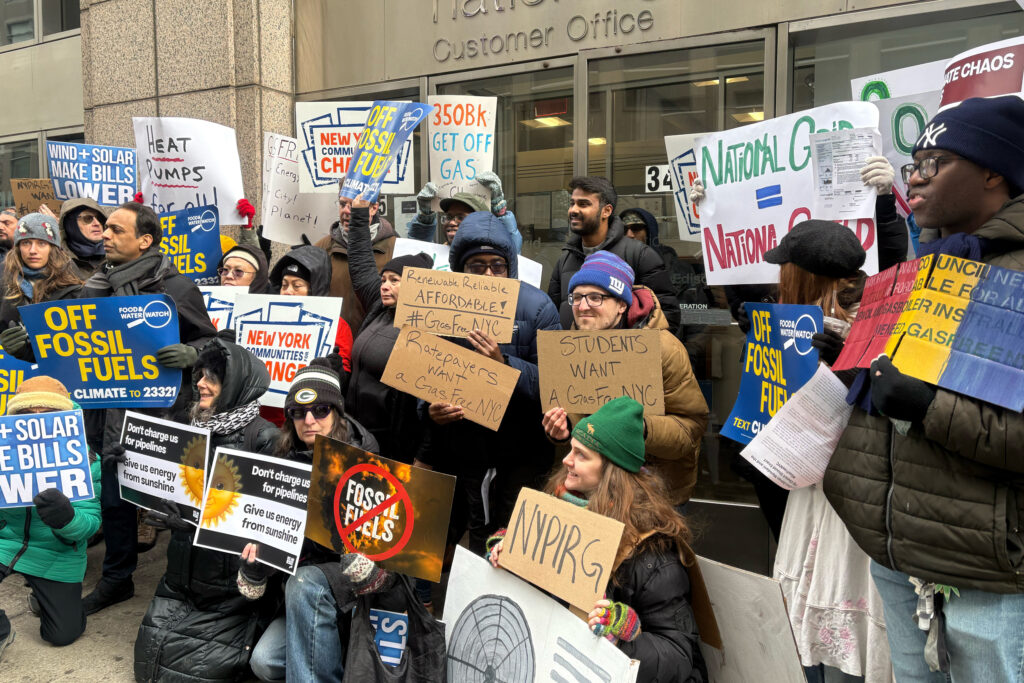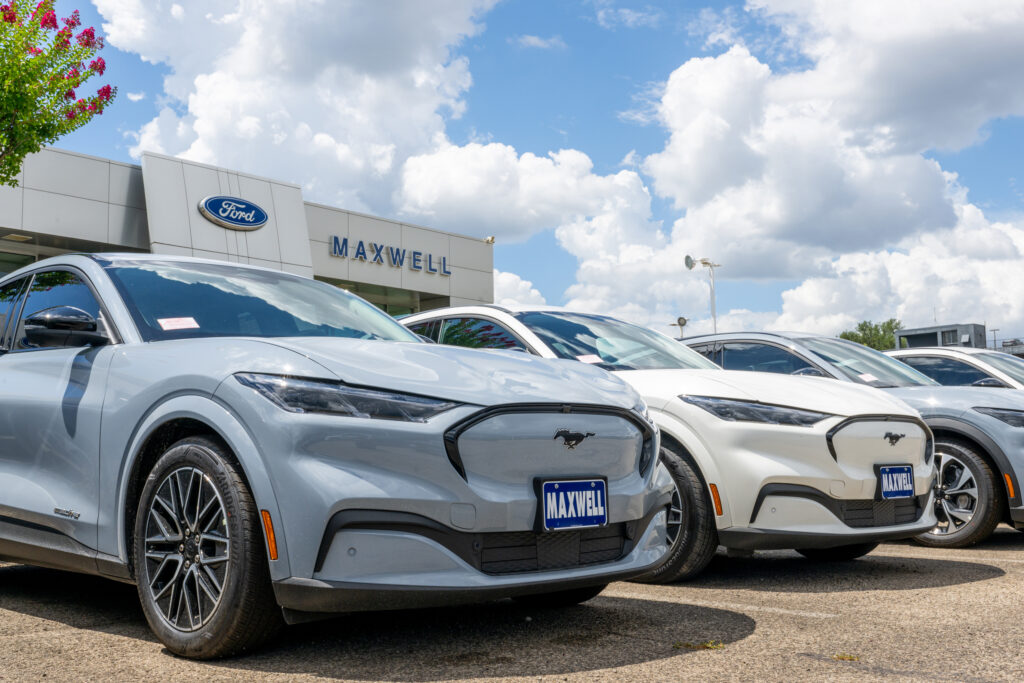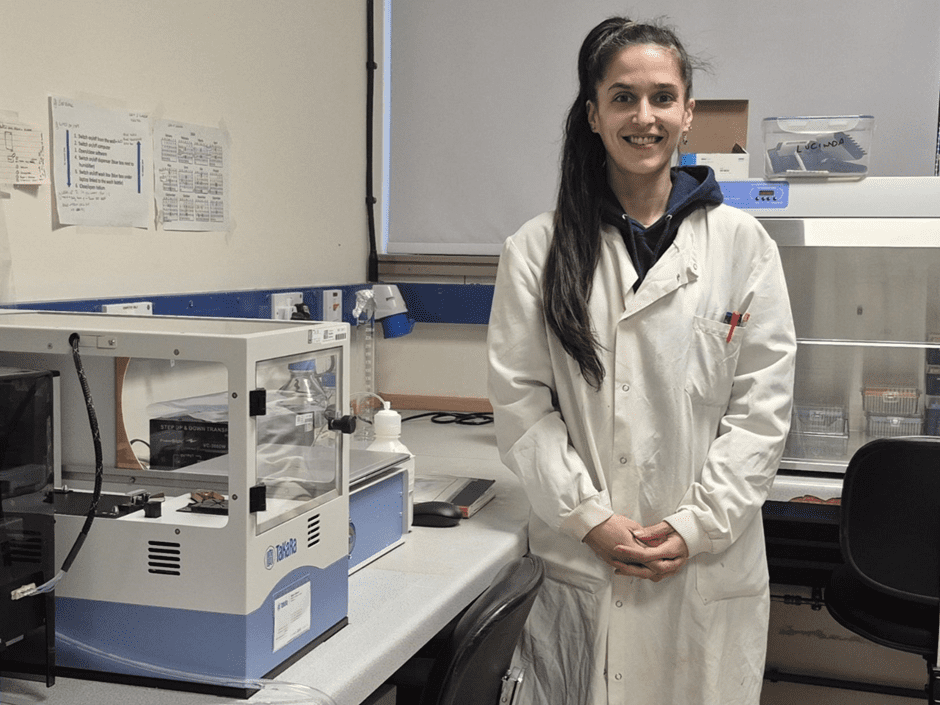From our collaborating partner Living on Earth, public radio’s environmental news magazine, an interview by Jenni Doering with David Cash, the former England Administrator for the U.S. Environmental Protection Agency.
A new White House memo instructs federal agencies to disregard the economic impacts of climate change in their regulations and permitting decisions, unless explicitly required by law.
This metric is known as the “social cost of carbon,” and it has been used for decades as a way to guide policy so that it takes into account the economic realities of our changing climate.
Even in the first Trump administration, the White House used the metric, though they put it only around $5 a ton at the time, far lower than the Obama Administration estimate of $42 a ton. In the Biden White House, a recalculation factored in inflation and the worsening toll of climate change, bumping up the cost to nearly $200 per ton.
David Cash served under President Biden as the New England Administrator for the U.S. Environmental Protection Agency. This interview has been edited for length and clarity.
JENNI DOERING: Let’s start by breaking down what this phrase means, the “social cost of carbon.” What is this all about?
DAVID CASH: This is a little bit on the wonky side of things, but really, really important and very different than a lot of the other things that we’ve seen this administration doing in turning back the climate clock in terms of freezing federal funding and changing regulations.
Social cost of carbon means, basically, if we don’t stop climate change, what are the costs that we all feel because of climate change? In other words, what are the costs because of the increased chance of wildfires or coastal flooding or drought? When the government regulates industry polluters for doing things, it has to justify taking actions, and that justification is based on what happens if industry is not regulated. Government doesn’t want to regulate industry just because it’s fun to regulate industry. We regulate industry to protect people, because industry will sometimes take actions that don’t take into account the cost of doing business, and what that cost has on people.

The social cost of carbon is something that’s been developed over the last 15-20 years that very methodically and very robustly uses science economics to determine what that impact would be, so that when the government makes a regulation, the benefits in terms of the reduction of harm, the reduction of costs, has to outweigh what it’s going to cost industry to, for example, change technology or to reduce emissions.
What’s so outrageous about the latest efforts that the White House is taking is essentially saying there’s no cost of climate change. Climate change doesn’t exist, and therefore we don’t need to take it into account when we’re taking regulations. What that will mean is greater droughts, greater wildfires, loss of life, injuries—all of those kinds of things that are part and parcel of the climate crisis that we’re facing.
DOERING: Just ignoring what’s happening doesn’t make the problem go away.
CASH: Not at all. I have a quick little metaphor that maybe can help people understand.
In the 1960s and ‘70s, it became more and more obvious that if you drove a car without seatbelts and you got into an accident, you were much more likely to get hurt, to have injuries, to have deaths, and there was a large cost to a car company not putting in seat belts. Of course, there was a cost to the company to add the seat belts. It cost money. It would cost the consumer money.
But the government did the analysis, and it showed that actually it was incredibly cheap to put in these seat belts. The benefits were huge, the reduction of injuries and costs, and even to local municipalities, for their police departments, fire departments and emergency responders—all of those costs would go down.
That’s exactly what the role of regulation should be: to protect the public from actions that industry takes that they don’t put in their bottom line. Regulations force them to put it in their bottom line, and that’s exactly what we’re trying to do with climate change.
DOERING: Let’s talk about the numbers. The Trump administration is looking to bring this cost to zero. What do our best estimates say that the cost actually is in comparison?
CASH: In the Biden administration, it was up to $190 per ton. So what that means is that, on average, if a ton of carbon dioxide is released into the atmosphere through cars or through a power plant, it would cost about $190 in terms of damage.
You could see how that $190 [per ton] could add up pretty quickly. Analysis from the National Oceanic and Atmospheric Administration last year showed impacts of at least $180 billion [in the U.S.], and that’s taking into account the impacts of floods and drought and wildfires and things like that. That’s what the cost of carbon is supposed to capture.
By the way, industries all over the country are taking this into account. You might have read in the news about how insurance is much, much harder to get now in California and Florida and other places that are hit by climate change really hard, and that’s because the insurance companies have to take into account those costs. They’re real. For the White House to be saying, ‘Oh, climate change is not real. It doesn’t cost anything,’ is outrageous.
This story is funded by readers like you.
Our nonprofit newsroom provides award-winning climate coverage free of charge and advertising. We rely on donations from readers like you to keep going. Please donate now to support our work.
Donate Now
DOERING: The Trump administration has said there’s just so much uncertainty in how much carbon dioxide costs society that it’s not even worth counting. What’s your response?
CASH: Of course there’s uncertainty. This is a dynamic, changing landscape, and our understanding changes. But if government never made decisions because there was uncertainty, government would never make decisions because there’s always uncertainty.
The key in wise governance is how you take into account those uncertainties. When you make your decisions, you acknowledge them, and then you invest in science to reduce those uncertainties. But guess what the White House is also doing: It’s reducing its investment in the National Oceanic and Atmospheric Administration’s science. It’s getting rid of EPA science efforts to study climate change. So uncertainties will not be diminished; in fact, they’re even reducing things like hurricane forecasting. States and municipalities all over this country use those forecasts to prepare for the next big hit. The Trump administration is taking away that information as well.
“For the White House to be saying, ‘Oh, climate change is not real. It doesn’t cost anything,’ is outrageous.”
DOERING: What might a social cost of carbon of “zero” mean in the real world when it comes to projects that the federal government is considering?
CASH: It would allow the EPA, for example, to diminish the effectiveness of regulations so that cars could pollute more, factories could pollute more. Gas plants and coal plants could produce more. All of which would increase the chance of greater storms, greater flooding, greater wildfires, greater drought, greater incidence of incredibly hot days in the summer where people will get more cases of asthma, more respiratory disease—all of those kinds of things. It will have a real world impact.
A year from now, you could go into hospitals and see an uptick in asthma in emergency room visits. I live in New England, and about a year or so ago we had the wildfires that were sending smoke from Canada to the Boston area. In all of New England, we saw an uptick of emergency room asthma cases, kids coming in because of that. We’ll see more of that.
DOERING: Deadly particulate matter kills something like 300,000 people in the U.S. alone every year. According to the World Health Organization, it’s coming from wildfires. It’s coming from smokestacks, tailpipes. To what extent does the social cost of carbon or another metric capture that societal toll?
CASH: When EPA regulates, it takes into account all of the different pollutants. Particulates are one of the most important because they have such an on-the-ground impact on people’s ability to breathe, so regulations do capture that.
The memo from the White House that said it was going to count the social cost of carbon as zero does not at this point impact particulates, but we know that that’s coming. We know there’s going to be relaxing of the standards that protect people’s health and protect the ecosystems upon which we all depend.
DOERING: What do you think people need to keep in mind when they hear a story like this coming out of the current federal government?
CASH: I think they have to figure out how to speak out when they hear news like this, and understand that what this administration is doing is making their environment not as safe for them, and that will have an impact on their family, that will have an impact on their community, that will have an impact on their farms.
A kind of interesting sidebar is that when the U.S. Department of Agriculture announced that they were going to cut their climate forecasting, farming associations got very concerned and complained a lot, so they reinstated them.
So we all have to be vigilant to protect the science and the wonky regulatory things like the social cost of carbon. We have to protect those so that our families are protected.
About This Story
Perhaps you noticed: This story, like all the news we publish, is free to read. That’s because Inside Climate News is a 501c3 nonprofit organization. We do not charge a subscription fee, lock our news behind a paywall, or clutter our website with ads. We make our news on climate and the environment freely available to you and anyone who wants it.
That’s not all. We also share our news for free with scores of other media organizations around the country. Many of them can’t afford to do environmental journalism of their own. We’ve built bureaus from coast to coast to report local stories, collaborate with local newsrooms and co-publish articles so that this vital work is shared as widely as possible.
Two of us launched ICN in 2007. Six years later we earned a Pulitzer Prize for National Reporting, and now we run the oldest and largest dedicated climate newsroom in the nation. We tell the story in all its complexity. We hold polluters accountable. We expose environmental injustice. We debunk misinformation. We scrutinize solutions and inspire action.
Donations from readers like you fund every aspect of what we do. If you don’t already, will you support our ongoing work, our reporting on the biggest crisis facing our planet, and help us reach even more readers in more places?
Please take a moment to make a tax-deductible donation. Every one of them makes a difference.
Thank you,
















